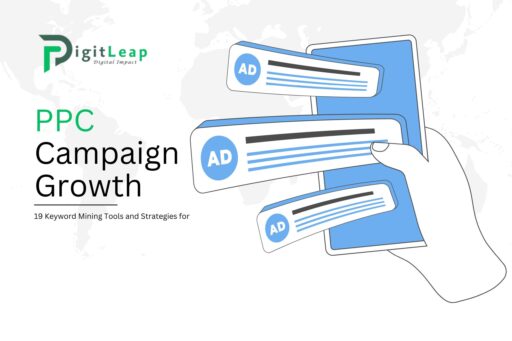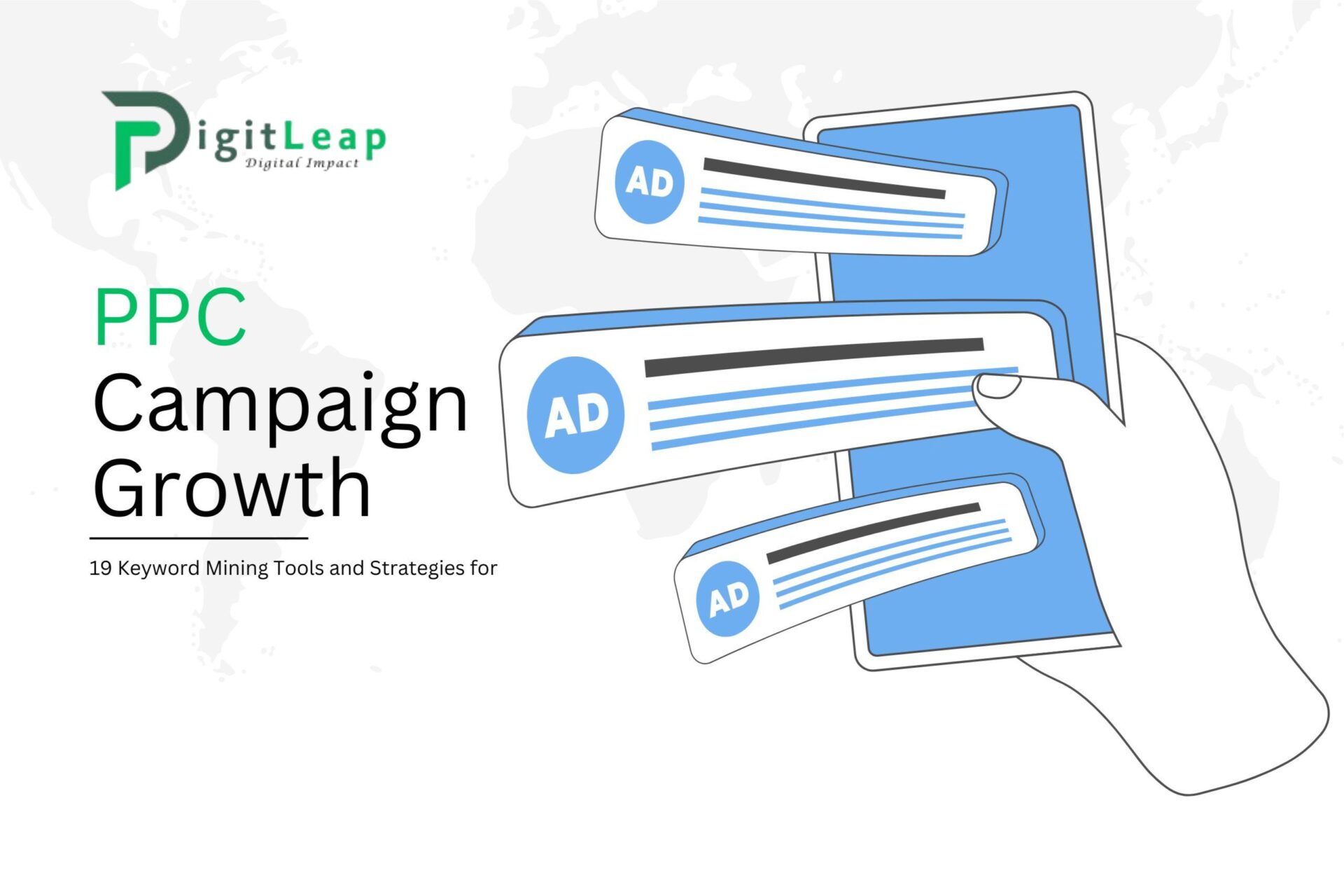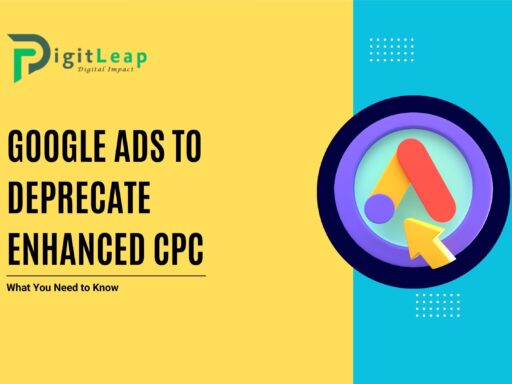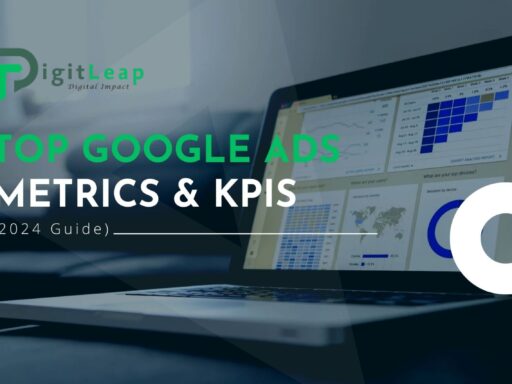In the fast-paced world of pay-per-click (PPC) advertising, the right keywords can make all the difference between a campaign that soars and one that falls flat. Keyword mining is not just about finding popular search terms—it’s about uncovering the right mix of terms that align with your audience’s intent, reduce wasted spend, and drive conversions. Here are 19 powerful tools and strategies to help you mine the perfect keywords and fuel the growth of your PPC campaigns.
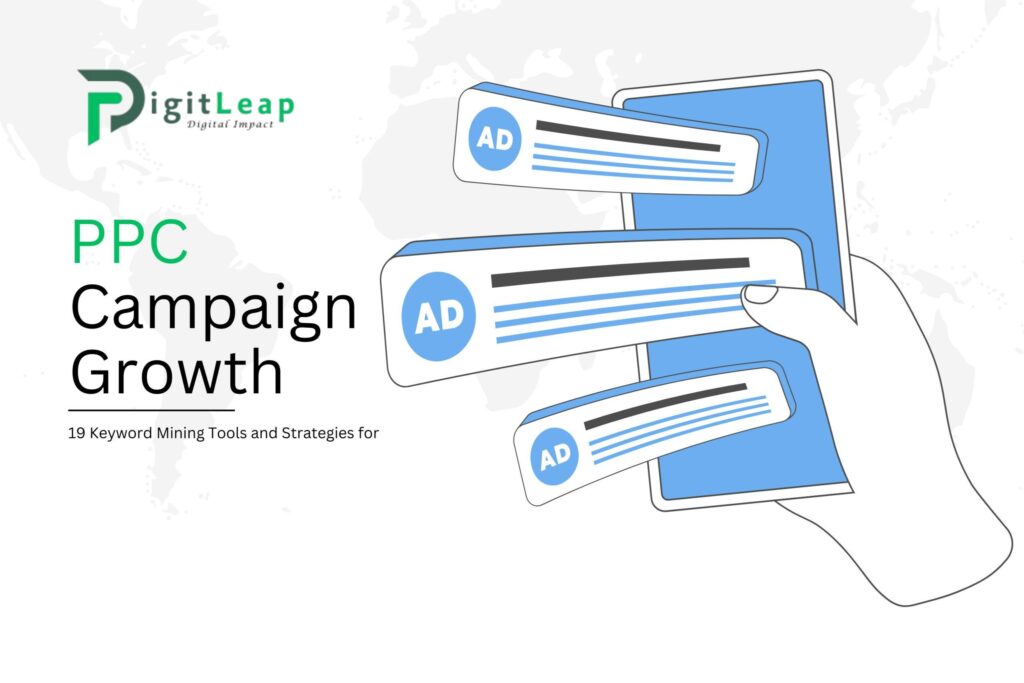
1. Google Keyword Planner
A staple for PPC advertisers, Google Keyword Planner provides data directly from the source. Use it to explore search volumes, bid estimates, and competition levels, ensuring your PPC strategy is grounded in real search behavior.
2. SEMrush
SEMrush offers a comprehensive suite for keyword research, competitive analysis, and trend forecasting. Its robust PPC toolkit allows you to analyze competitor campaigns and discover profitable long-tail keywords.
3. Ahrefs Keywords Explorer
Known for its detailed backlink data, Ahrefs also shines in keyword research. It delivers insights on keyword difficulty, click-through rates, and related terms, enabling you to target keywords with higher conversion potential.
4. Moz Keyword Explorer
Moz’s tool is great for understanding keyword opportunities through metrics like Keyword Difficulty and Organic CTR. Its intuitive interface helps you prioritize keywords that balance volume with feasibility.
5. Ubersuggest
Ubersuggest is an affordable yet powerful option for keyword mining. It generates keyword ideas, suggests content topics, and provides competitive insights, making it a favorite among small businesses.
6. Keyword Tool
This tool leverages autocomplete data from search engines like Google, YouTube, and Bing to generate a broad list of keyword ideas. It’s especially useful for uncovering niche terms that might otherwise go unnoticed.
7. KWFinder
KWFinder simplifies the process of finding long-tail keywords that are easier to rank for. Its clean interface and detailed analytics help you refine your PPC keyword strategy with precision.
8. Long Tail Pro
As the name suggests, Long Tail Pro focuses on long-tail keywords, which often have lower competition and higher conversion rates. It’s ideal for campaigns that need a granular, targeted approach.
9. Answer The Public
This tool visualizes search questions and phrases related to your keyword. It’s a creative way to uncover user intent and generate content ideas that can boost your PPC ad relevance.
10. SpyFu
SpyFu digs into your competitors’ keyword strategies. By revealing the keywords they’re bidding on, you can identify gaps and opportunities to position your PPC campaigns for success.
11. WordStream Keyword Tool
WordStream provides insights into search trends and keyword performance. It’s particularly helpful for creating ad groups and tailoring PPC messages to align with user queries.
12. SERPstat
SERPstat is a multifunctional platform that offers competitive research and keyword analysis. Its PPC features help you monitor ad spend, discover new keyword opportunities, and track performance.
13. Keyword Revealer
This tool combines search volume, competition data, and keyword suggestions into a single platform. It’s designed to help you pinpoint high-value keywords that can drive both traffic and conversions.
14. Soovle
Soovle aggregates autocomplete suggestions from multiple search engines, providing a diverse set of keyword ideas. It’s a quick way to gather a wide range of search terms in one place.
15. Keyword Eye
Keyword Eye offers visual keyword research with interactive graphs and charts. This visual approach makes it easier to understand keyword clusters and prioritize those that best fit your campaign goals.
16. Raven Tools
Raven Tools integrates keyword research with SEO and PPC reporting, allowing you to monitor your campaigns in real time. Its comprehensive dashboards help you track keyword performance and ROI.
17. Google Trends
Google Trends is perfect for spotting seasonal fluctuations and emerging trends. Use it to time your PPC campaigns and ensure you’re targeting keywords that are gaining momentum.
18. AlsoAsked
AlsoAsked provides insights into the questions people are asking around your keywords. This tool helps you understand user intent better and tailor your PPC ad copy to answer those questions directly.
19. Keyword Sheeter
Keyword Sheeter generates thousands of keyword ideas quickly by scraping Google’s autocomplete suggestions. It’s an excellent starting point for brainstorming and expanding your keyword list.
Strategies for Successful Keyword Mining in PPC
- Focus on Long-Tail Keywords:
Long-tail keywords often have lower competition and higher conversion rates. Use tools like KWFinder and Long Tail Pro to target these phrases. - Analyze Competitor Campaigns:
Tools such as SpyFu and SEMrush help you see what keywords your competitors are bidding on. Learn from their successes and identify gaps in their strategies. - Leverage User Intent:
Understand the questions and topics your target audience is searching for by using Answer The Public and AlsoAsked. This ensures your PPC ads address real user needs. - Monitor Trends Regularly:
Use Google Trends to keep an eye on evolving search patterns and seasonality. This will allow you to adjust your campaigns in real time and capitalize on emerging opportunities. - Combine Tools for Comprehensive Insights:
No single tool can provide every insight you need. By combining the strengths of multiple platforms, you can build a robust, data-driven keyword strategy that covers every angle—from volume and competition to intent and trend analysis.
Conclusion
The right mix of keyword mining tools and strategic insights can turn your PPC campaigns into powerful growth engines. By leveraging these 19 AI-powered and traditional tools, and by applying smart, user-centric strategies, you can uncover hidden opportunities, optimize your ad spend, and drive meaningful results. Embrace these tools and strategies to stay ahead in the competitive PPC landscape and fuel your campaign growth with precision and creativity.

